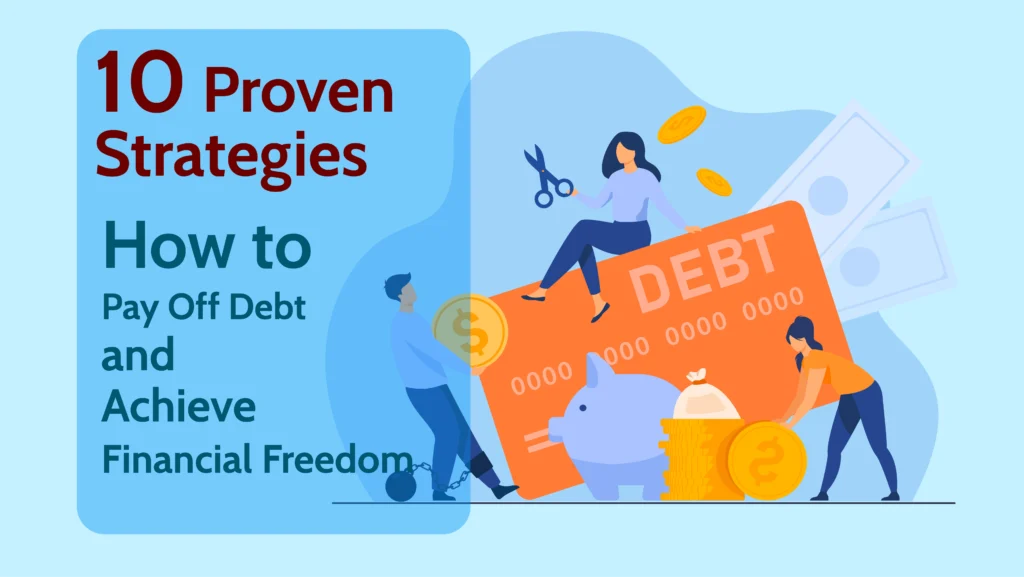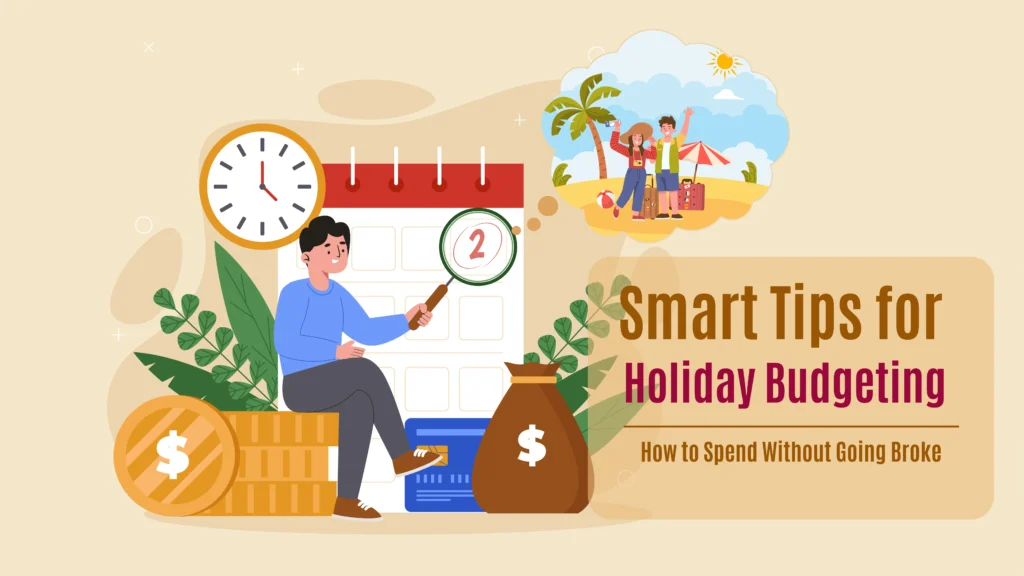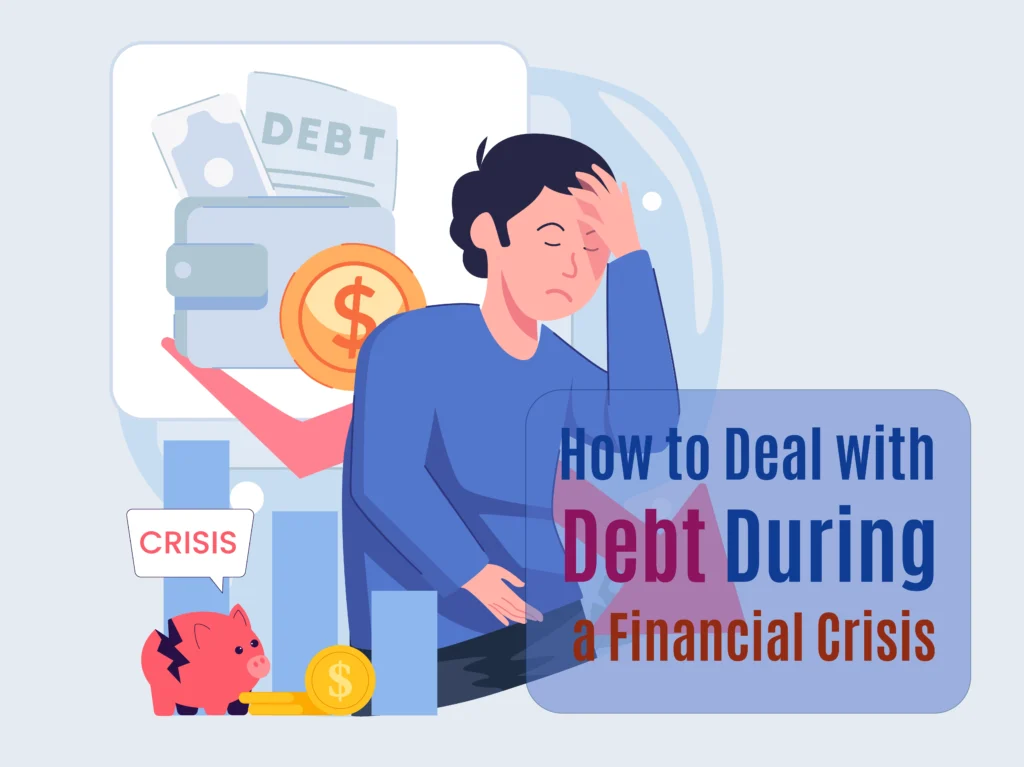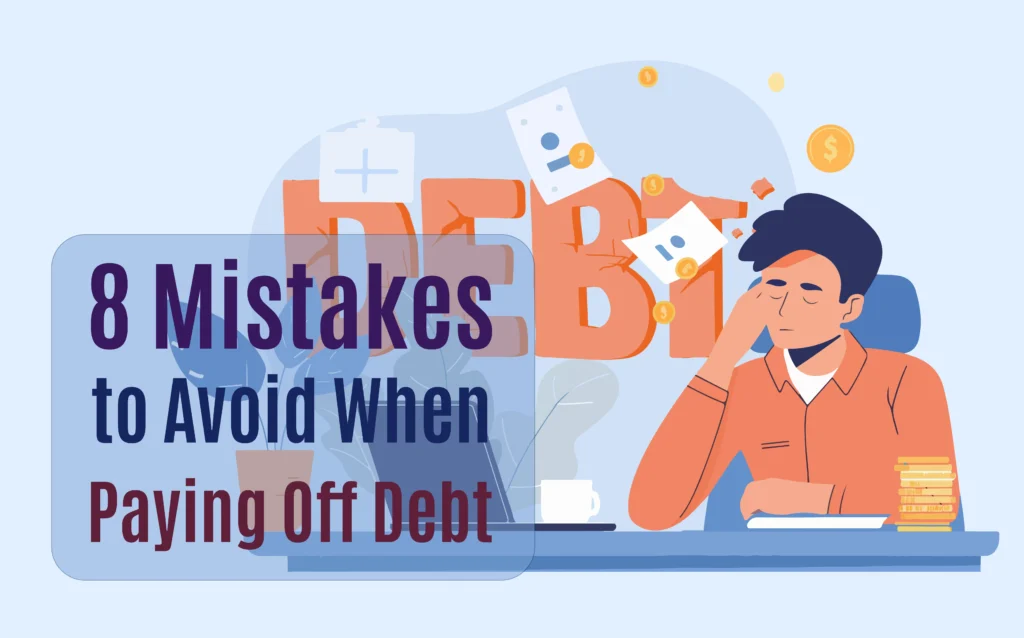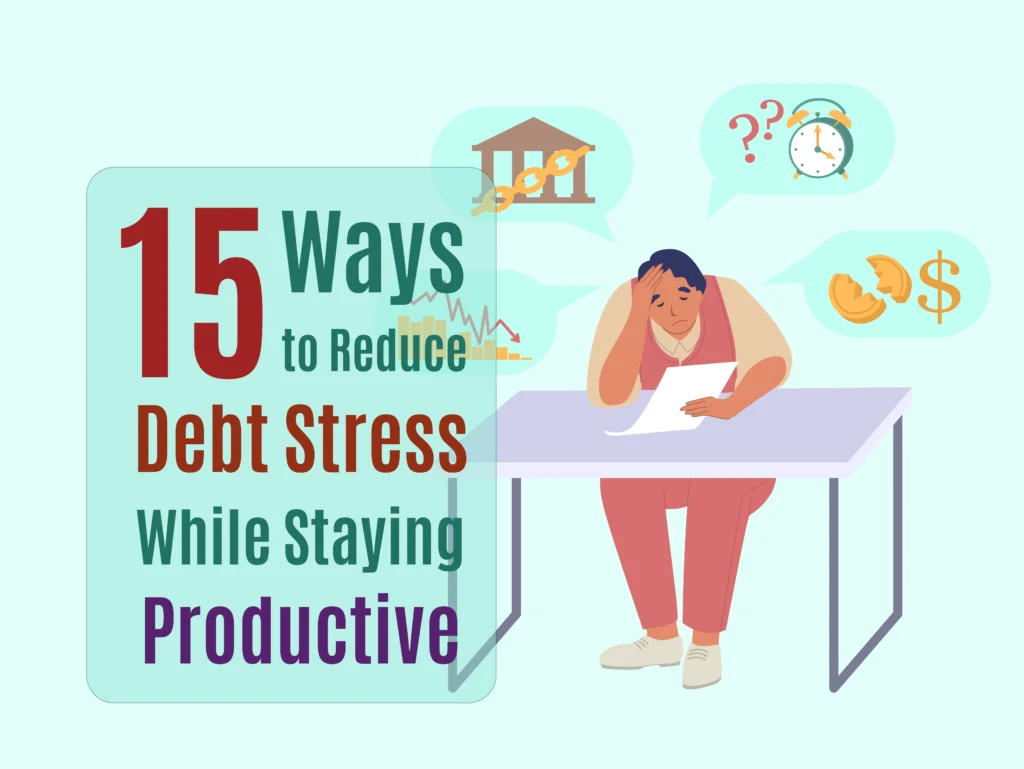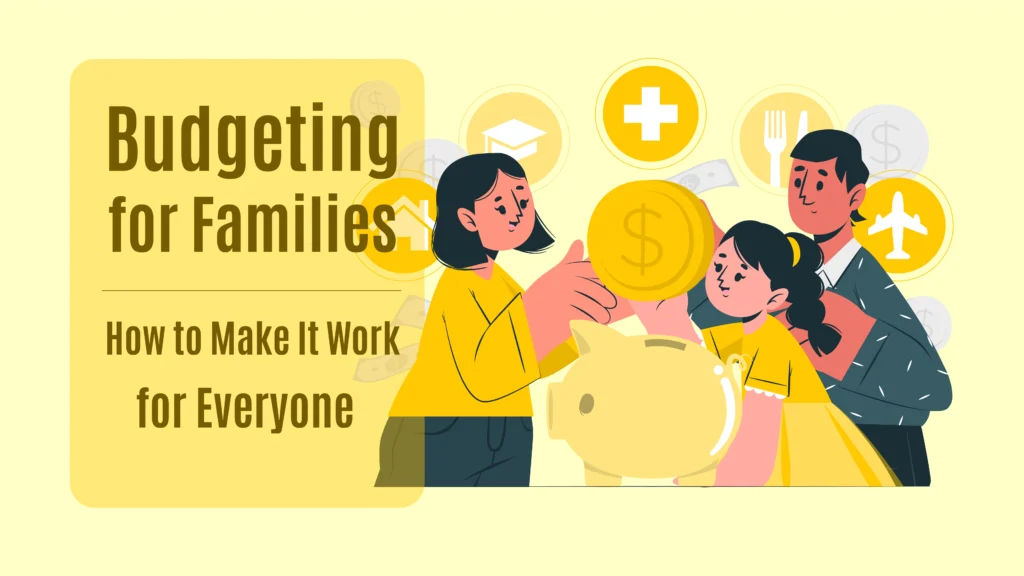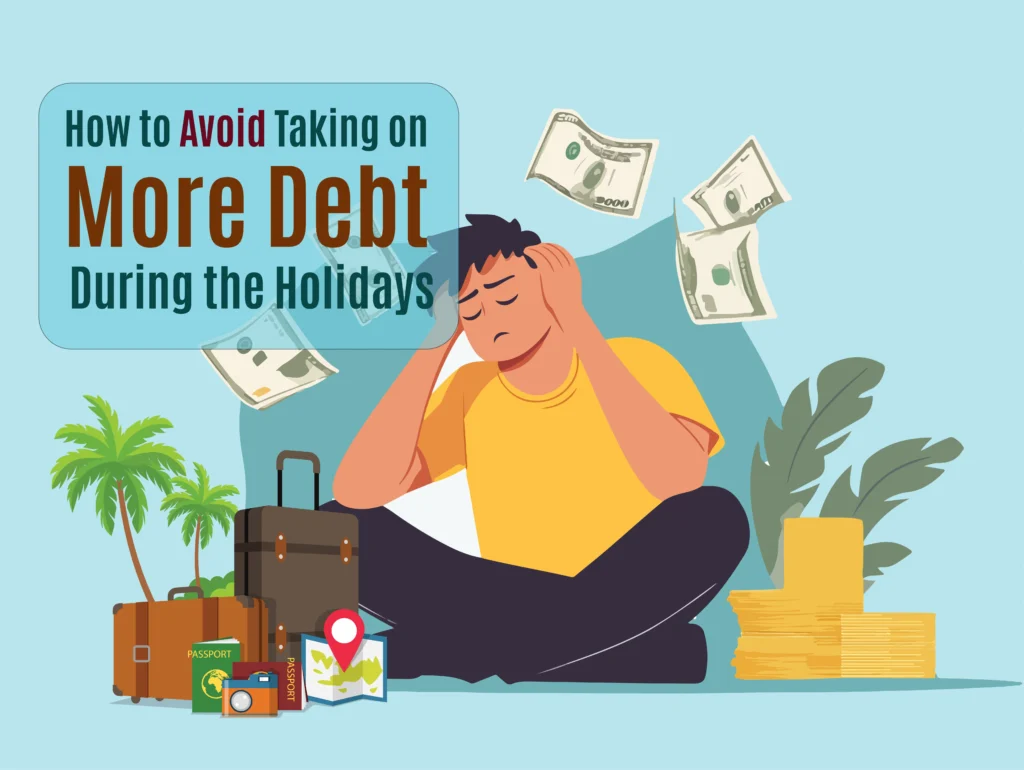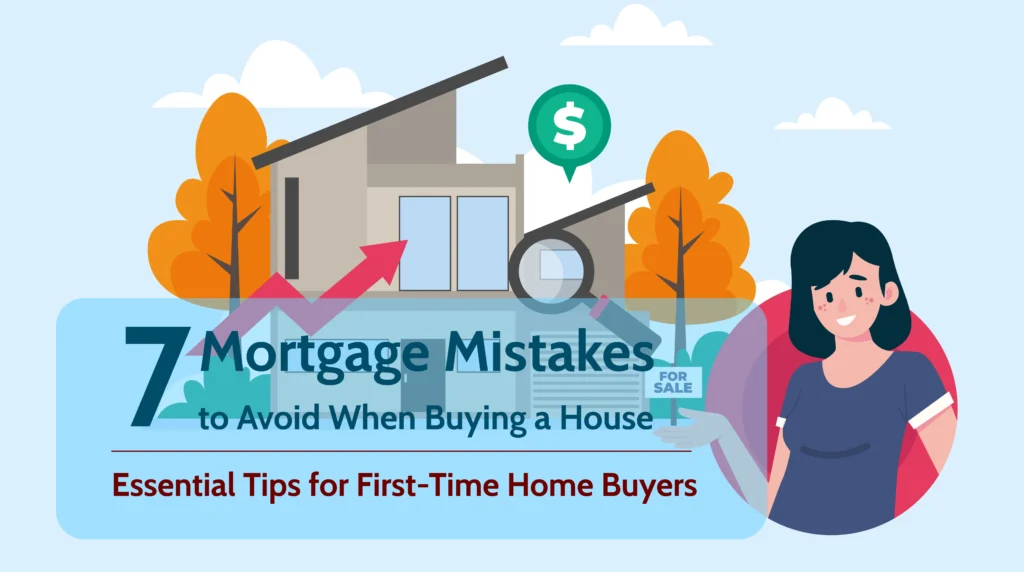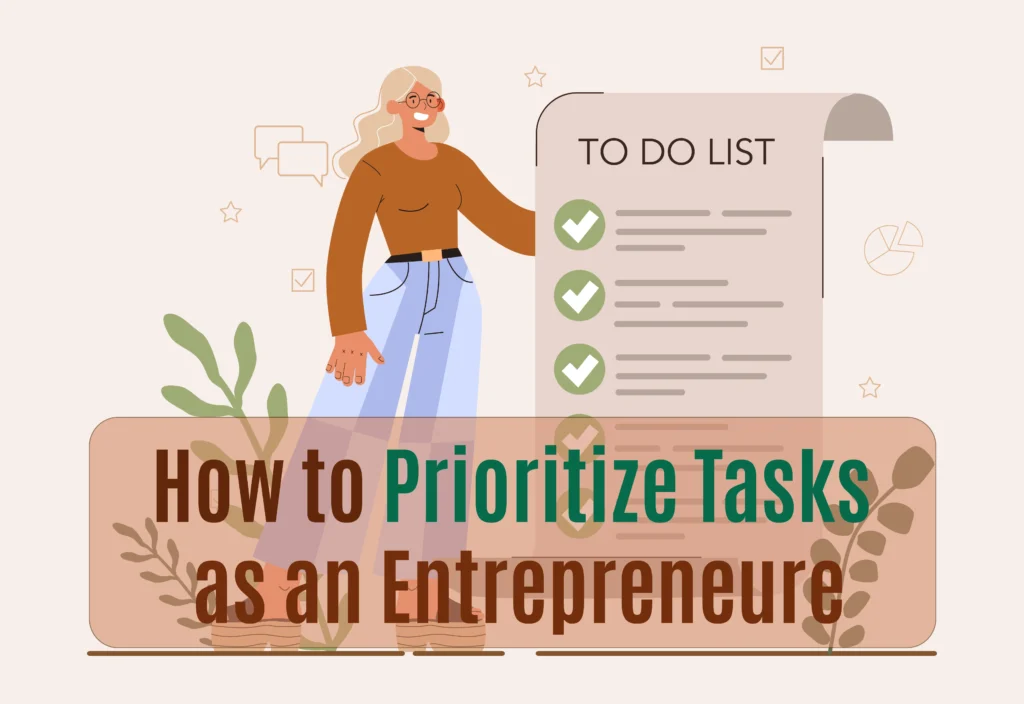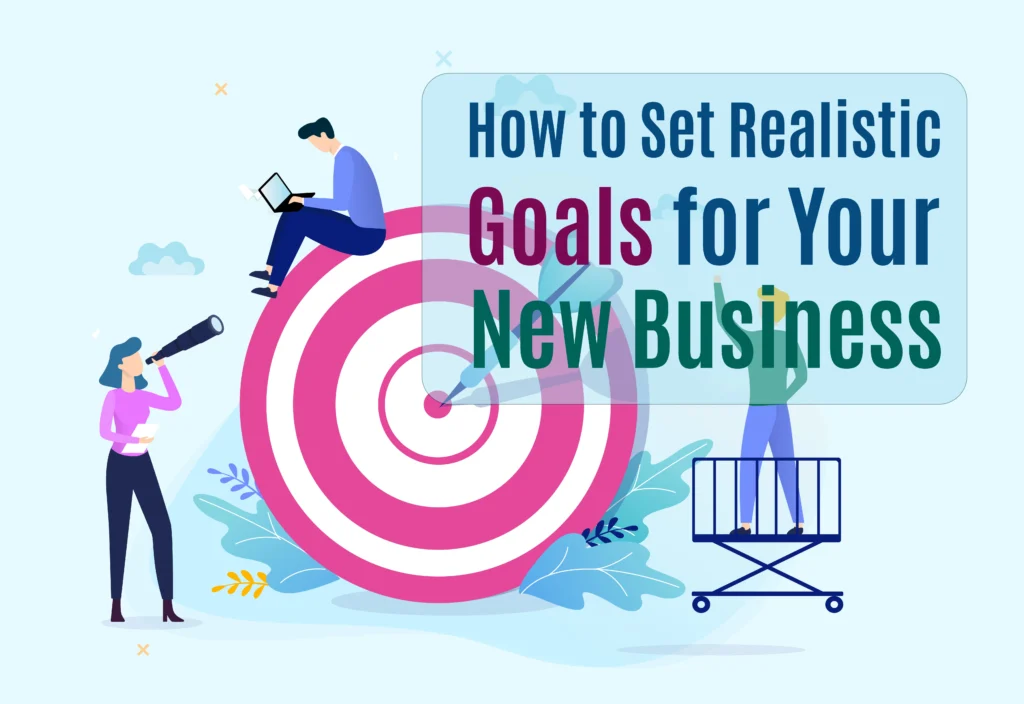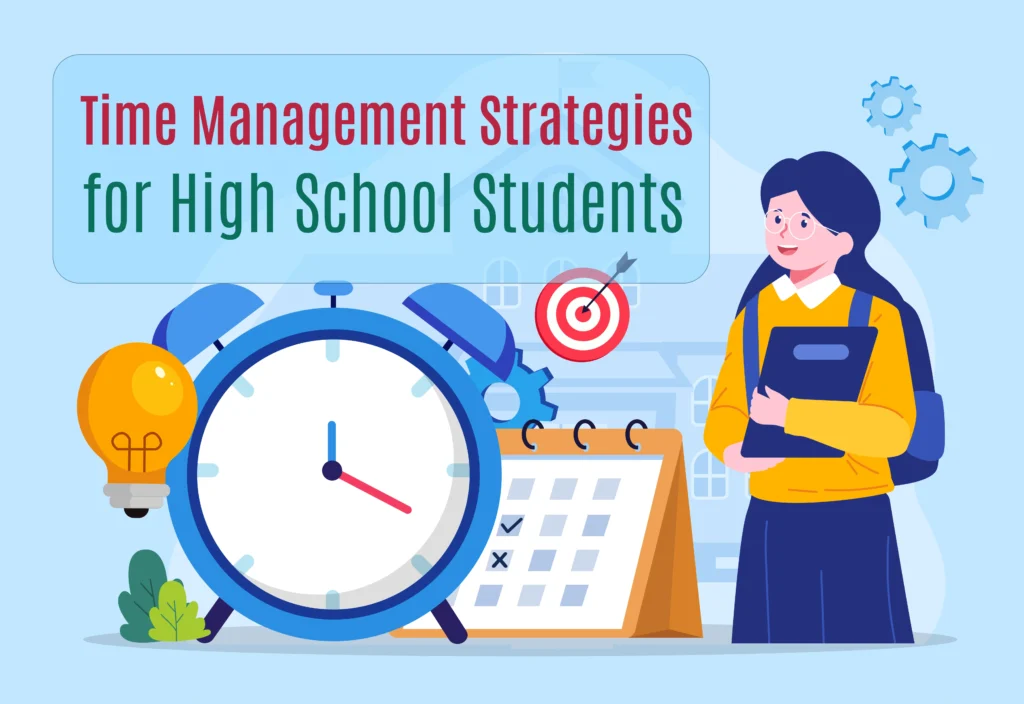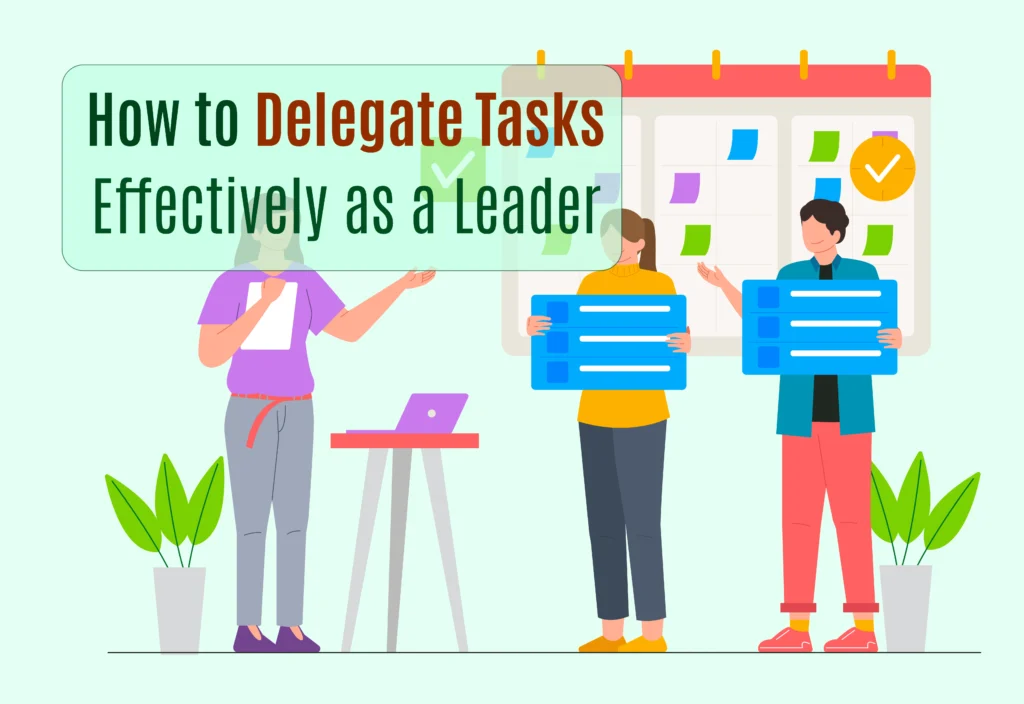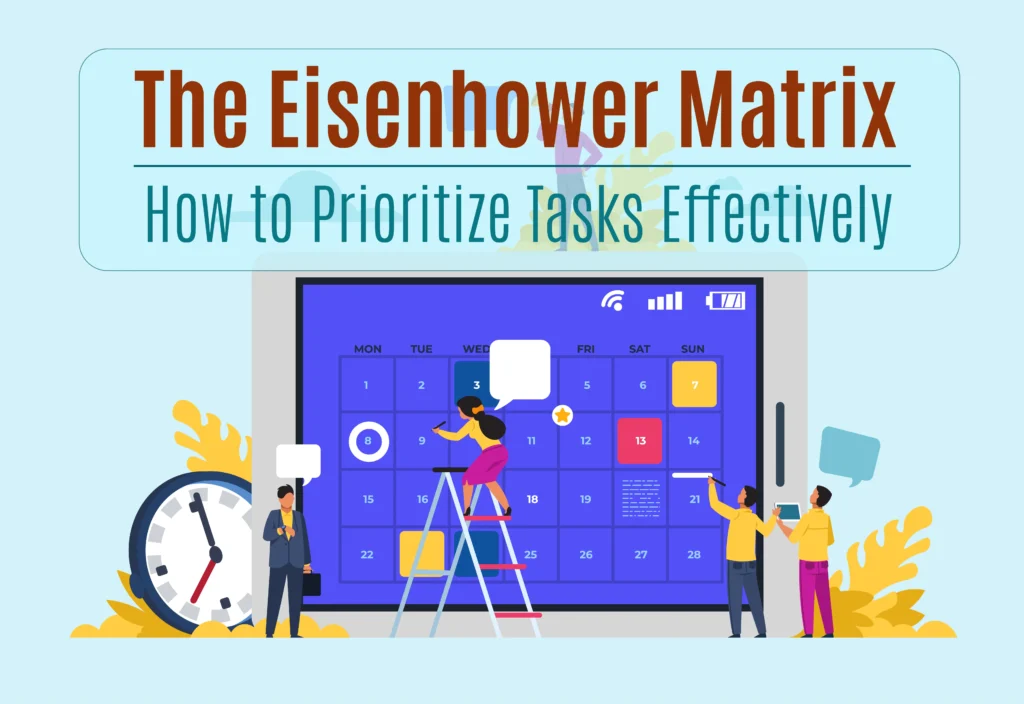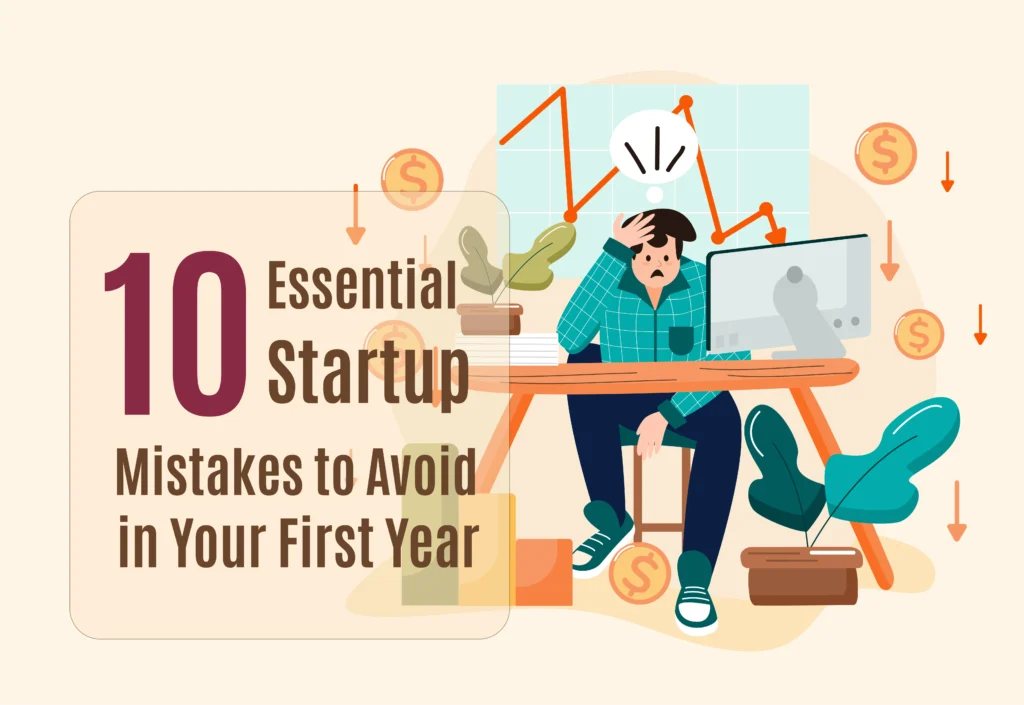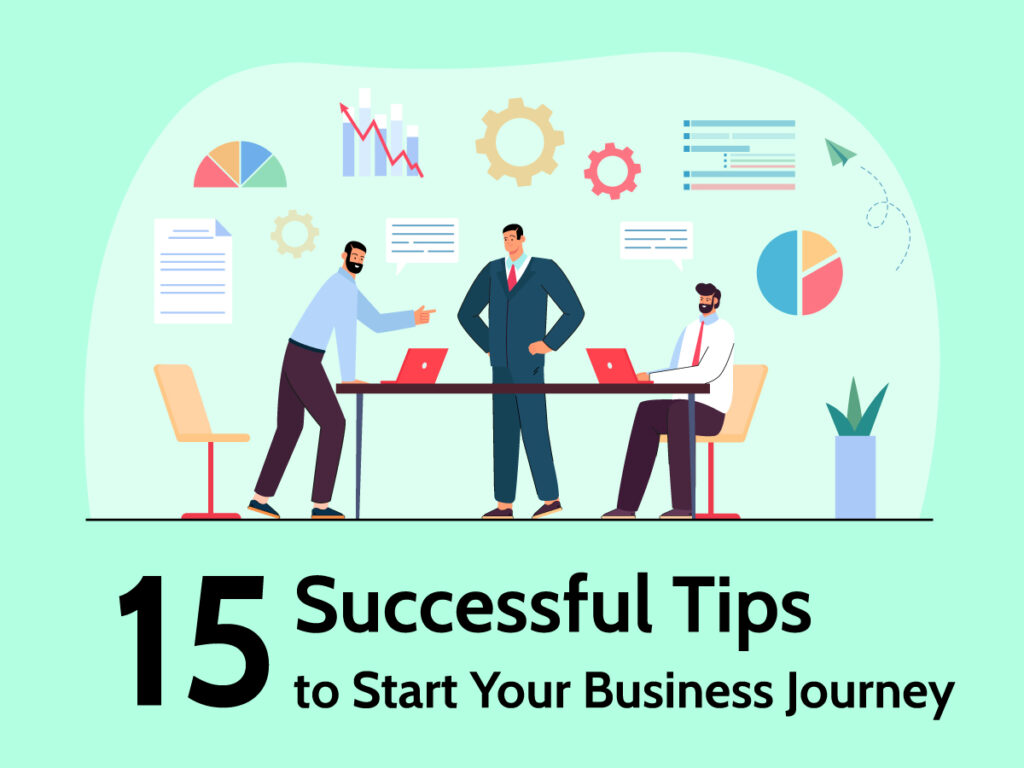How to Get Out of Debt with a Low Income
Facing debt on a low income can feel overwhelming, but the journey to financial freedom is within reach, even when resources are tight. When you’re working with a limited budget, every dollar counts, and small changes can lead to significant progress. Whether you’re dealing with credit card balances, student loans, or other forms of debt, there are effective strategies to lighten your financial load without needing a higher income. By approaching your finances with a practical plan and determination, you can build momentum and start reducing debt in ways that work for your unique situation.
In this guide, we’ll dive into realistic and actionable methods to help you get out of debt with a low income. We’ll cover tips for budgeting smarter, finding extra income opportunities, and making choices that minimize interest and fees. Each step is designed with affordability in mind, so you don’t need to feel burdened by drastic lifestyle changes. Instead, these strategies will empower you to take control of your finances, make gradual improvements, and experience the freedom that comes with being debt-free.
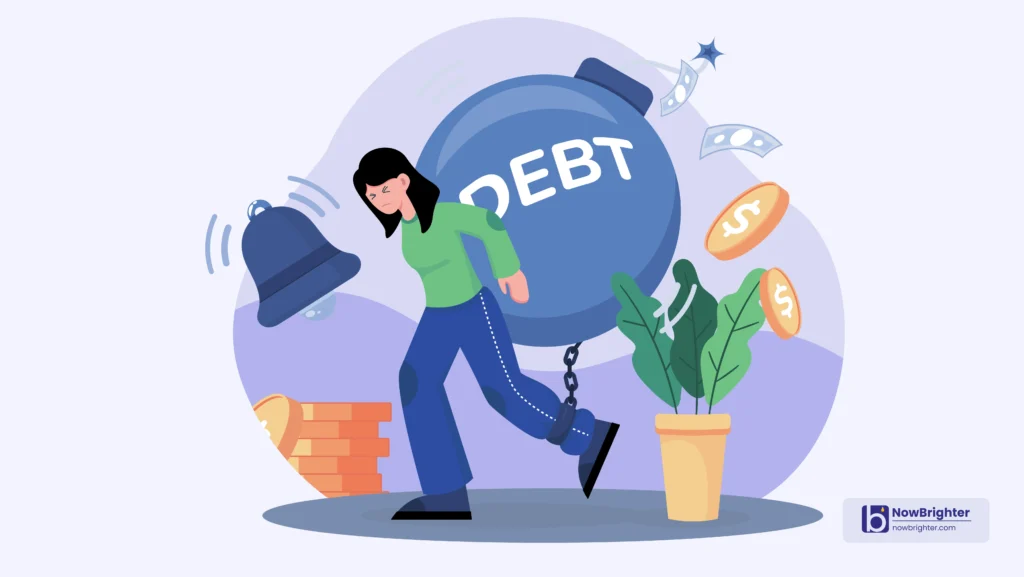
Understanding Your Financial Situation
The first step to managing debt on a low income is to fully understand your financial situation. This means knowing exactly how much you owe, what you earn, and where your money is going. A clear picture of your financial status will help you create a realistic plan for paying off debt.
List Your Debts and Prioritize
Start by making a list of all your debts. Include the total balance for each debt, the interest rate, the minimum monthly payment, and the due date. This will help you understand the scope of your debt and allow you to prioritize which debts need to be paid off first.
For example, if you have credit card debt with a high interest rate and a car loan with a lower interest rate, it makes more sense to prioritize the credit card debt. Higher interest rates lead to faster-growing debt, so tackling those first can save you money in the long run.
Evaluate Your Income and Expenses
Once you have a clear picture of your debt, it’s time to look at your income and expenses. How much money do you bring in each month? This includes not only your paycheck but also any side gigs, government assistance, or financial help from family or friends.
Next, track your expenses. Write down how much you spend on essentials like rent, utilities, groceries, and transportation. Then look at non-essential spending, such as entertainment, dining out, or subscription services. This step is essential to see where you can free up money for debt payments.
Set a Realistic Budget
Creating a budget is critical when managing debt on a low income. Your budget should focus on essential expenses, minimum debt payments, and anything left should go toward paying down debt faster. Eliminate or reduce non-essential expenses, and be honest with yourself about where your money is going.
Apps like Mint, YNAB (You Need a Budget), or even a simple spreadsheet can help you track your budget and stick to it.
Debt Repayment Strategies for Low-Income Earners
Now that you understand your financial situation and have a budget in place, the next step is to choose the right strategy to pay off your debt. Here are some of the most effective debt repayment strategies, even for those on a low income.
The Snowball vs. Avalanche Method
There are two popular methods for paying off debt: the Debt Snowball and the Debt Avalanche methods.
- Debt Snowball: With this approach, you focus on paying off your smallest debts first, regardless of interest rates. Once the smallest debt is paid off, you move to the next smallest. This method provides quick wins, which can be motivating and help build momentum.
- Debt Avalanche: This method prioritizes paying off debts with the highest interest rates first. While it may take longer to see progress, you’ll save more money in the long run by paying less interest.
For low-income earners, the Debt Snowball method can be psychologically rewarding, as it allows you to eliminate smaller debts quickly. However, if saving money on interest is your priority, the Debt Avalanche method may be more effective.
≫ Related Post: Managing Debt: The Snowball vs. Avalanche Method
Prioritize High-Interest Debt
High-interest debt, like credit cards or payday loans, should be your top priority. These debts grow quickly, and the longer you take to pay them off, the more expensive they become. Focus on making extra payments on these debts whenever possible, even if it’s just a small amount above the minimum payment.
Paying off high-interest debt first not only reduces the total amount of interest you’ll pay but also frees up more money in your budget for other financial goals.
Pay More Than the Minimum When Possible
If you can afford it, always try to pay more than the minimum payment on your debts. Even an extra $10 or $20 per month can make a difference in how quickly you pay off your debt and how much you’ll save in interest.
For example, if you have a credit card balance of $1,000 with a 20% interest rate, making only the minimum payment could take years to pay off. By adding a little extra each month, you’ll shorten the repayment period and reduce the amount of interest you pay.
Consider Debt Consolidation
If you have multiple debts with high-interest rates, debt consolidation could be an option to consider. This involves combining all your debts into a single loan with a lower interest rate. Consolidation simplifies your payments and can reduce the overall interest you pay, making it easier to manage debt on a low income.
Before consolidating, be sure to compare the interest rates and fees to ensure that the new loan offers a financial advantage.
Seek Help from Credit Counseling Services
If you’re struggling to manage your debt, consider reaching out to a credit counseling agency. These nonprofit organizations can help you create a debt management plan, negotiate with creditors to lower interest rates, and provide financial education. Credit counselors can be particularly helpful for low-income earners looking to manage their debt more effectively.
≫ Related Post: The Pros and Cons of Debt Consolidation
Maximizing Income to Pay Off Debt
When you’re on a low income, finding ways to increase your earnings can make a big difference in how quickly you can pay off debt. Here are some ideas to boost your income.
Take Advantage of Gig Economy Jobs
The gig economy offers flexible ways to earn extra money. Whether it’s driving for Uber, delivering food with DoorDash, or picking up freelance work on platforms like Upwork or Fiverr, gig jobs can fit into your schedule and provide additional income to help pay off debt.
Consider dedicating the income from these side hustles entirely to debt repayment. Even if you only make a few hundred dollars a month, that money can accelerate your progress.
Sell Unwanted Items
Another way to generate extra cash is by selling items you no longer need. Platforms like eBay, Craigslist, or Facebook Marketplace make it easy to sell unwanted clothes, electronics, furniture, and more.
Decluttering your home and selling items you don’t use can provide a quick cash boost that you can put toward paying off your debts.
Take on Temporary or Seasonal Jobs
If your schedule allows, consider taking on a temporary or seasonal job. Many industries, such as retail or delivery services, hire extra workers during busy periods like the holiday season. Even a part-time job can help you pay down your debt faster while supplementing your primary income.
Cutting Costs to Free Up More Money for Debt
In addition to finding ways to increase your income, cutting unnecessary expenses can help free up more money for debt repayment. Here are some strategies to reduce your spending.
Cut Back on Non-Essentials
Look for areas in your budget where you can cut back on non-essential spending. This might include eating out less, canceling subscription services, or reducing how much you spend on entertainment. By reallocating the money you save to your debt, you’ll be able to pay it off faster.
For example, if you’re spending $100 a month on dining out, try cutting that down to $50 and putting the other $50 toward your credit card payments.
Reduce Utility and Household Bills
Saving money on household expenses can also help you free up cash for debt repayment. Simple changes, like switching to energy-efficient light bulbs, reducing water usage, or negotiating lower rates for internet and phone services, can make a big difference in your monthly budget.
If possible, shop around for cheaper insurance plans or ask your current providers if they offer discounts for bundling services.
Use Coupons and Discounts for Groceries
Groceries are a necessity, but there are ways to cut costs. Look for coupons, shop sales, and consider buying generic brands instead of name brands. Websites like Rakuten or apps like Ibotta offer cashback or discounts on everyday purchases, allowing you to save money that can go toward debt repayment.
Find Free or Low-Cost Entertainment
Enjoying life doesn’t have to break the bank. Instead of spending money on expensive outings or events, explore free or low-cost entertainment options. Visit local parks, take advantage of free library resources, or enjoy low-cost community events. Finding affordable ways to have fun will help you stick to your budget without feeling deprived.
Avoiding Common Debt Traps
Managing debt on a low income requires avoiding certain financial traps that can worsen your situation. Here are some common debt traps to watch out for.
Avoid Payday Loans and High-Interest Credit
Payday loans and high-interest credit cards may seem like a quick fix, but they often come with exorbitant interest rates and fees. These loans can trap you in a cycle of debt, making it even harder to get out. If possible, avoid relying on these high-cost borrowing options and look for alternative solutions, such as a credit union loan or community assistance programs.
Don’t Use Credit Cards for Non-Essentials
If you’re trying to pay off debt, avoid using credit cards for non-essential purchases. Every time you use a credit card, you’re adding to your debt burden, making it harder to make progress. If you have to use a credit card for emergencies, make sure you have a plan to pay it off quickly.
Resist Lifestyle Inflation
When your income increases, it’s tempting to upgrade your lifestyle—buying new clothes, dining at nicer restaurants, or moving to a more expensive apartment. This is known as lifestyle inflation, and it can prevent you from paying off your debt. Instead, keep your expenses stable as your income grows, and use the extra money to pay off your debts faster.
Building an Emergency Fund on a Low Income
Even while paying off debt, it’s important to build a small emergency fund. Without one, an unexpected expense like a medical bill or car repair could force you to take on more debt.
Start Small with an Emergency Fund
Aim to save at least $500 to $1,000 in an emergency fund. This money can cover small, unexpected expenses and prevent you from using credit cards or loans. Once you’ve built this initial emergency fund, you can focus more heavily on paying off your debt.
Automate Savings, Even in Small Amounts
One of the easiest ways to build an emergency fund is to automate your savings. Set up automatic transfers from your checking account to a savings account, even if it’s just $10 or $20 per paycheck. Over time, these small amounts will add up, providing you with a financial cushion in case of an emergency.
Dealing with Debt Collectors
If your debts have been sent to collections, dealing with debt collectors can be stressful. However, understanding your rights and negotiating payment terms can help reduce the pressure.
Know Your Rights When Dealing with Collectors
The Fair Debt Collection Practices Act (FDCPA) gives you certain rights when dealing with debt collectors. Collectors are not allowed to harass you, lie about your debt, or contact you at unreasonable hours. Knowing your rights can help you avoid abusive collection practices.
Negotiate a Payment Plan
If you can’t pay off a debt in full, you may be able to negotiate a payment plan or even a settlement for less than the full amount. Contact the debt collector and explain your financial situation. Many collectors are willing to work with you to create a manageable payment plan.
Seeking Professional Financial Help
If you’re feeling overwhelmed by your debt, don’t hesitate to seek professional help. There are resources available that can help you get back on track.
Consider a Debt Management Plan
A Debt Management Plan (DMP) can help you consolidate your debts into a single monthly payment, often with reduced interest rates. Working with a credit counselor, you’ll create a structured repayment plan that works with your income. This can be a great option for low-income earners who need help managing multiple debts.
Seek Credit Counseling
A credit counselor can provide personalized advice on managing your debt and creating a realistic budget. They can also help you negotiate with creditors, set up a debt management plan, and provide financial education to help you avoid future debt problems.
Staying Motivated While Paying Off Debt
Paying off debt, especially on a low income, is a long-term process. Staying motivated is essential to keep making progress.
Set Small, Achievable Goals
Break your debt repayment plan into small, achievable goals. For example, focus on paying off one credit card or reaching a specific savings milestone. Celebrate these wins to stay motivated and maintain momentum.
Track Your Progress
Use a debt-tracking tool or spreadsheet to monitor your progress. Seeing your debts decrease over time can be incredibly motivating and helps you stay accountable to your financial goals.
Focus on Long-Term Financial Goals
While the journey may be slow, keep your long-term financial goals in mind. Whether it’s becoming debt-free, saving for a house, or building a retirement fund, focusing on the big picture will help you stay committed to paying off your debt.
Conclusion: Managing Debt on a Low Income Is Possible
Managing debt on a low income is undoubtedly challenging, but with the right strategies, it’s possible to regain control of your finances. By assessing your financial situation, choosing a debt repayment method that works for you, cutting unnecessary expenses, and increasing your income where possible, you can make steady progress toward becoming debt-free.
Remember, every small step you take brings you closer to financial stability. Stay disciplined, stay motivated, and keep your long-term financial goals in focus. You’ve got this!

